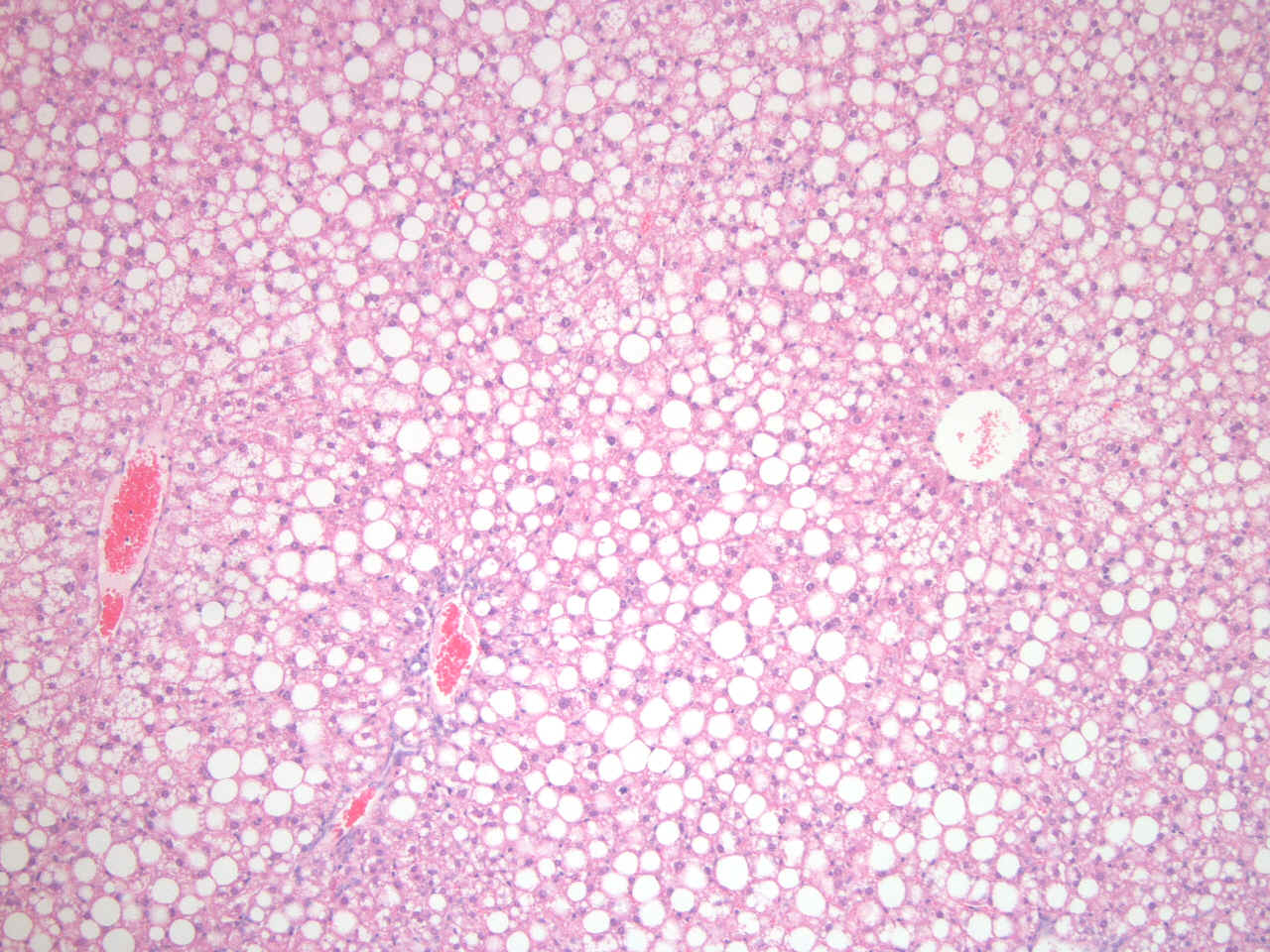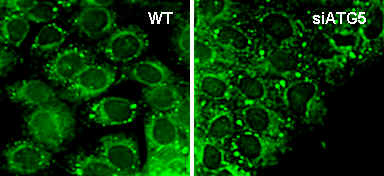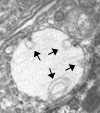Altered Cellular Response to Lipids in Aging
Introduction
» Goal
» Specific
Aims
Subprojects
» Autophagy and lipid metabolism
» Lipid accumulation and
autophagy
» Aging and the metabolic
syndrome
» FFA and immune cells
Members
Mark Czaja
Rajat Singh
Pallavi Singh
Kiran Baikati
Yongjun Wang
Studies
in Project
4
will examine the effect of decreased autophagy on cellular
responses to free fatty acids (
Recent investigations in Dr. Czaja's laboratory have demonstrated a critical role for autophagy in the regulation of hepatocellular lipid stores, suggesting that the decrease in autophagy that occurs with aging may be a mechanism for fat accumulation in this organ. Other studies in T cells and dendritic cells have shown that increased FFA levels affect the activation of these cells. This finding indicates that the exposure of immune cells to excessive FFA levels may contribute to the impairment in immune function that accompanies aging. Together these studies and others have led to the central hypothesis of this project that the decrease in autophagy that occurs with aging alters cellular responses to FFA, leading to the development of hepatic steatosis and immune system dysfunction.
The investigations in this project will employ in vitro and in vivo models of impaired hepatocyte and immune cell autophagy in order to:
1) establish that autophagy regulates hepatocyte lipid accumulation by mediating the breakdown of triglyceride stored in lipid droplets;
2) demonstrate that lipid accumulation down regulates autophagy and sensitizes the hepatocyte to oxidant injury;
3) determine that the aging-induced decline in autophagy promotes the development of hepatic steatosis, injury and insulin resistance; and
4) establish that a depression
of T cell and dendritic dell activation by

Histology of steatohepatitis

Increased lipid droplets with an inhibition of macroautophagy

Autophagosomes (arrows) associated with a lipid droplet in mouse liver